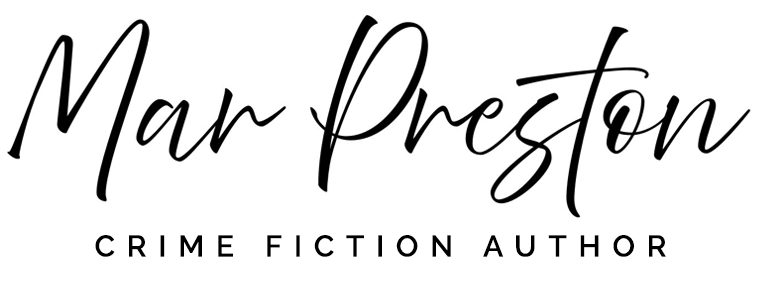I started a memoir class. I lived until recently in a California mountain village with an unusual number of creative people. We’re close enough to the Los Angeles sprawl that “Industry” people can commute to auditions and jobs. The arts scene thrives here with two community theater groups, an art gallery, painting, acting, and drawing classes, and musicians of every genre.
Our focus has broadened into a fiction writing class with the realization that, even if you’re writing a fact-based story, the same techniques apply: you’re telling a story.
Telling any story requires a structure, conflict, memorable characters in tough situations, a beginning, middle and end, a climactic moment, and a resolution. It also requires a theme to propel the story forward, tie it all together, and leave the reader with something to think about.
How on earth does anybody think of all those things at once?
We all know the basic elements of story. You can feel it. We know when a story veers off into an unimportant tangent, when the story stops sizzling, where it trails off into a whimper. A love to telling stories is one of the things we share as humans. A concept of story is wired into all of us from our ancestors sitting around the campfires celebrating the successful hunt, bellies full of meat. Or it’s opposite, sitting around the campfire with lean bellies, making up stories to make people laugh, or remember better times.
Sooner or later it occurs to all student writers that writing down your stories is hard. Until you write thousands and thousands of words, what lays on the page may look limp to you, and far from the vision that burns so brightly in your head.
Writing well requires a long apprenticeship. You need to know what good writing looks like and sounds like. Very few good writers, if any, are not readers who would set aside television for a good book. Not always, but a lot of the time.
Did you think anyone who picks up a charcoal pencil or a paintbrush can paint a bowl of fruit in the sunshine the first time? Or a musician write a three-minute hit song? Or a skater spin without falling?
It takes work and the willingness to apply seat of pants to chair for long periods of time. And the willingness to rewrite and polish until your work has a high glow.
How do you get started? Reading Taking a class. Struggling with an assignment. Thinking. Rewriting and rewriting it until it’s the best you can do. Sharing it with others and asking for critique. Rewriting it again based on the comments you got and making it better.
I live in a California mountain village with an unusual number of creative people. We’re close enough to the Los Angeles sprawl that “Industry” people can commute to auditions and jobs. The arts scene thrives here with two community theater groups, an art gallery, painting, acting, and drawing classes, and musicians of every genre.
What’s the reward if it’s this hard? Tell me what you think. Comment below:
You might like to review my own efforts at writing fiction. Here’s an Amazon link.




Hi Mar,
Sounds great, when are you thinking of holding the classes?
Our house will be livable by April 1 so we will be back in the ‘hood.
Best,
Linda